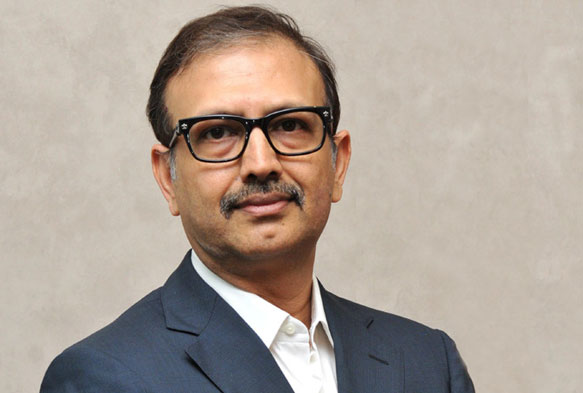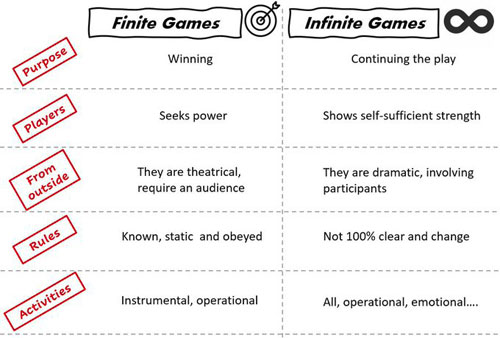
Note From President Vineet Bhatnagar
I was both surprised and thrilled to see a full room of our members to listen to our guest speaker this week. The founder of ArtDecoMumbai, Atul Kumar, was sharing with us the efforts of his not-for-profit organisation in working tirelessly to restore the stunning Art Deco structures that were constructed in 1930s in the oldest areas of our lovely city. Swastik Court, a residential building that they restored, brings to our delight and attention the nature of aesthetics and the significance of preserving our legacy for future. Active citizen intervention and helpful policy making can ensure that we will witness more such restoration projects.

The session of Atul Kumar made me reflect upon “what we can gain and what we should not lose”. We are all constantly weighing losses and gains; and almost every evaluation is tuned to gain rather than lose. We are wired to think this way because the Darwinian maxim of “only the fittest survive” has got morphed into “always win” as its popular translation.
GAME THEORY DIFFERENTIATES BETWEEN TWO TYPES OF GAMES – FINITE AND INFINITE. Tennis, Football, Golf are examples of Finite Games that are played as per the pre-set and pre-agreed rules with the goal of getting to the end of the game and winning it, after which the players stop playing. Infinite Games, in contrast, have both known and unknown players, changeable rules with no clear ending point. In a Finite Game when players leave the game ends whereas in an Infinite Game, the game continues even after the players leave.
WHEN INFINITE PLAYERS PLAY TOGETHER (AND MANY A TIMES INFINITE PLAYERS ARE UNKNOWN TO EACH OTHER), THEIR MISSION IS TO KEEP PLAYING TOGETHER. IT’S ABOUT LONG TERM SURVIVAL AND SUSTAINABILITY. It’s about progress, improving every year. It’s about being better, more capable this year than last year. It’s about growing together. It’s about how we may serve our many stakeholders better.
Can we think of Infinite Games? A person’s education, one’s health, leaving a legacy, evolution of mankind, democracy (not elections) are all examples of infinite games. Unlike Finite Games which tend to be dramatic, Infinite Games can be boring. But Infinite Games render and create long term stability.
THE ACT OF SERVICE AND PHILANTHROPY IS AN INFINITE GAME OR, AT LEAST, IT MUST BECOME ONE. IT MUST SURVIVE INDIVIDUALS WHO COME AND GO but our efforts and actions to make our communities grow must remain the central goal of this Infinite Game. It dilutes the concept of beneficiaries who are seen as gainers (due to identifiable benefactors) but takes us to a better notion of growth and progress. The benefactors are, instead, stakeholders who are just as invested in their own upliftment as we are.
When I see second, third or fourth generation Rotarians in our Club, I get the satisfaction that some of us are placing service before self as an infinite game which the families are playing in continuum. These are the infinite players who will not get off the RCB train. This is a cry out to all those who are still on the platform, to get on this great RCB ride. This train will not stop!
— President Vineet Bhatnagar
